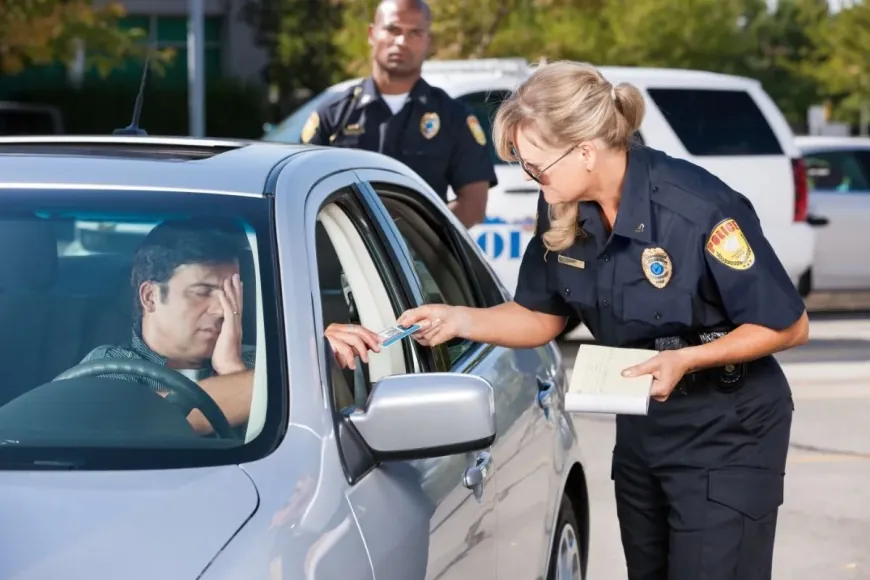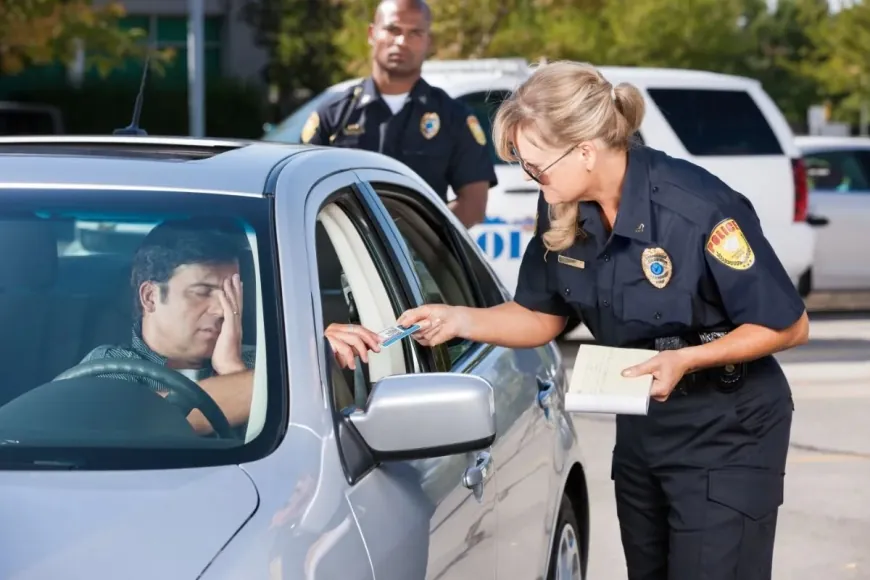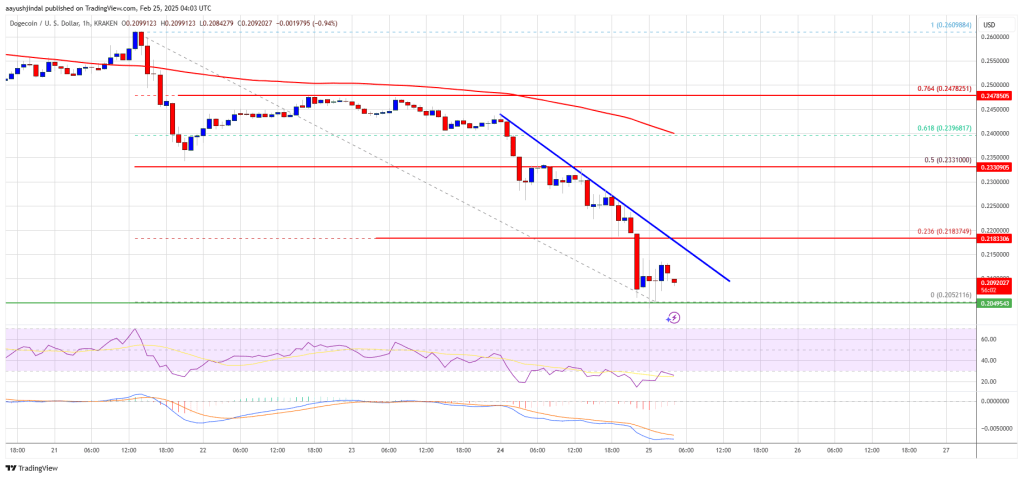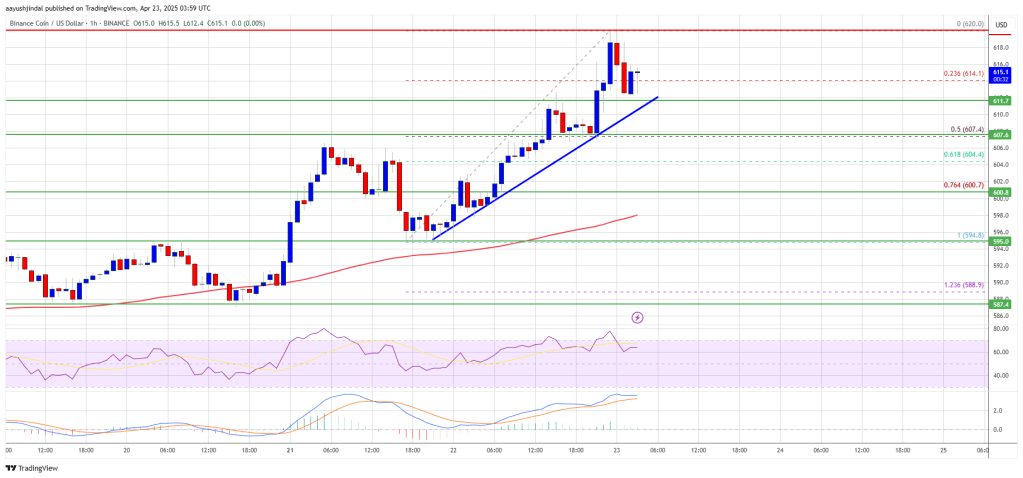
Even the most experienced drivers can make mistakes — and some of those mistakes can follow you for years on your car insurance record. A single moving violation can cause your insurance premium to spike, while repeat offenses can label you as a high-risk driver in the eyes of insurers.
Exactly how much your rates increase depends on several factors: the type of offense, your driving history, your location, and whether your insurer offers forgiveness for first-time infractions.
Here’s a breakdown of the five most common traffic violations in the U.S., how long they typically stay on your record, and how each can affect what you pay for car insurance.
1. Speeding: The Most Common and Costliest Slip-Up
Speeding is the most frequent traffic violation in the United States — and one of the easiest to avoid.
According to the National Highway Traffic Safety Administration (NHTSA), speeding contributed to nearly one-third (29%) of all U.S. traffic deaths in 2023.
When it comes to insurance, even minor speeding tickets can have a major impact.
If you don’t have ticket forgiveness, your premiums can rise 20% to 50%, depending on how much you exceeded the speed limit and your state’s point system.
High-speed offenses — like driving 20 mph or more over the limit — can result in sharper rate hikes and even temporary license suspensions in certain states.
Tip:
Many insurers allow you to offset a speeding ticket’s impact by taking a defensive driving course or maintaining a violation-free record for 12 months.
2. Running a Red Light: Cameras Don’t Miss
Red-light violations have surged with the rise of automated traffic cameras.
For example, Florida’s red-light cameras issued over 1 million citations between July 2023 and June 2024, according to state data.
A red-light violation typically raises insurance rates by 20% to 25%. But the type of ticket matters:
-
Officer-issued tickets are classified as moving violations and affect insurance.
-
Camera-issued tickets are treated as nonmoving violations in some states and may not impact premiums at all.
Did you know?
A red-light ticket often adds 1 to 3 points to your driving record, and repeat offenses could trigger a license suspension if you accumulate too many points.
3. Driving Under the Influence (DUI): The Most Severe Penalty
A DUI conviction carries lasting consequences beyond fines and court fees.
According to FBI arrest data, nearly 650,000 drivers were charged with DUI offenses in the 12 months leading up to October 2025 — a reminder of how widespread the issue remains.
Car insurance premiums after a DUI can double or even triple, increasing by anywhere from 30% to over 100%.
A DUI stays on your record for 3–5 years in most states, and up to 10 years in California and Nevada.
Some states also require a special filing known as SR-22 insurance, which proves financial responsibility and often comes with a hefty surcharge.
Extra insight:
Drivers convicted of DUI may also lose eligibility for accident forgiveness or safe-driver discounts — meaning long-term higher premiums, even after the violation drops off the record.
4. At-Fault Accidents: When Mistakes Hit Hardest
Causing an accident — especially one involving injury or major property damage — can cause your premiums to jump dramatically.
The NHTSA reports that over 2 million people are injured in crashes every year, while property damage costs exceed $140 billion annually across the U.S.
Insurance companies typically increase rates by an average of 50% to 60% after an at-fault crash.
However, your personal increase depends on the severity of the accident, your claim amount, and your insurance company’s policy.
Some insurers offer “accident forgiveness” for the first incident if you’ve maintained a clean record for several years — a perk worth checking in your policy terms.
Pro tip:
If you’re found partially at fault, your state’s fault laws (such as “comparative negligence”) determine how much of the damage you’re responsible for — and how much your premiums will increase.
5. Parking Tickets: Harmless, Until They’re Not
Parking violations are typically nonmoving offenses, meaning they don’t directly affect your insurance premiums.
But if left unpaid, these tickets can come back to haunt you.
Unpaid parking fines can lead to:
-
Vehicle registration holds
-
Driver’s license suspensions
-
Negative credit reporting
And since credit scores affect insurance rates in many states, that unpaid $60 ticket could end up costing you much more over time.
Smart habit:
Many cities offer digital portals to track and pay tickets automatically — a simple way to protect both your wallet and your credit score.
Keeping a Clean Record Pays Off
A clean driving record does more than prevent rate hikes — it can earn you loyalty discounts, safe-driver bonuses, and lower deductibles over time.
According to Savvy Insurance Solutions, the lowest average premiums for drivers with no moving violations range from $130 to $190 per month, depending on the state.
Insurance companies also weigh your vehicle type, mileage, age, and ZIP code, so even safe drivers can benefit from periodically comparing quotes to ensure they’re getting the best rate available.
Frequently Asked Questions
Why did my car insurance go up after a ticket?
How do speeding tickets affect car insurance?
Does running a red light raise insurance rates?
How much does a DUI increase insurance cost?
How long do accidents stay on an insurance record?
Which violations raise insurance premiums the most?
What driving mistakes increase insurance rates?
How can I lower my car insurance after an accident?
Do parking tickets affect car insurance?
What are the best ways to keep car insurance low?
Also Read: NYC Congestion Pricing Kicks Off After Years of Delays



